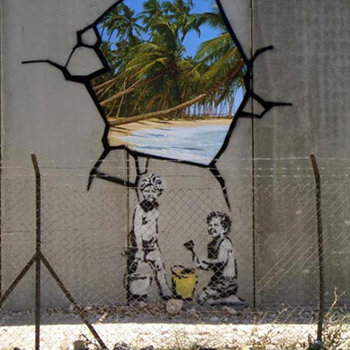What was the role of the U.S. in the Vietnam Conflict?
1 Answer
The USA Was involved directly and indirectly in an umber of ways.
Explanation:
Even as early as late 1940's, the CIA were active in South East Asia, including Vietnam.
American foreign policy at the time had two main objectives. Firstly in the context of the Cold War, the Americans sought to prevent the spread of communism. During this period China becoming communist and the Soviets acquiring nuclear weapons added to the prevailing fear and tension. The Domino Theory which argued that if one country fell to communism then neighbouring countries would too like a row of dominoes collapsing was part of this fear and shaped US strategy in South East Asia.
Secondly the Americans saw themselves as anti-colonial, given their own experiences and the significant changes in the world after 1945. (An example was their bitter opposition to Suez in 1956). When the French were defeated in 1954 and Vietnam divided, the Americans supported the South, as they supported South Korea.
The failure of the South to hold elections and the deteriorating situation led to ever increasing US involvement, initially military advisors, then ground troops. In 1963 the President in the South, Diem was assassinated and replaced by the military.
However this failed to bring success against the communists. In 1964 President Johnson used the pretext of an attack on an American ship in the Gulf of Tonkin to increase American involvement. In effect it gave him carte blanche to escalate the war. There was a huge military commitment with large scale bombing of the north.
Initially the American public supported the war, however as time passed and there was no sign of victory attitudes changed. The Tet Offensive in 1968 created the impression that the USA was losing and massacres such as My Lai hardened American opinion against the war.
When Nixon became President in 68 he was committed to a US withdrawal although privately he and foreign policy advisor Kissinger believed a military victory still possible. ( They extended the war into Cambodia in 1970 with catastrophic consequences). Nixon's policy of Vietnamization would allow for anAmerican withdrawal whilst at the same time leaving the South strong enough to resist the Vietcong and NVA.
A peace agreement was signed in Paris and the Americans withdrew in 1973. Two years later the South fell to the communists

